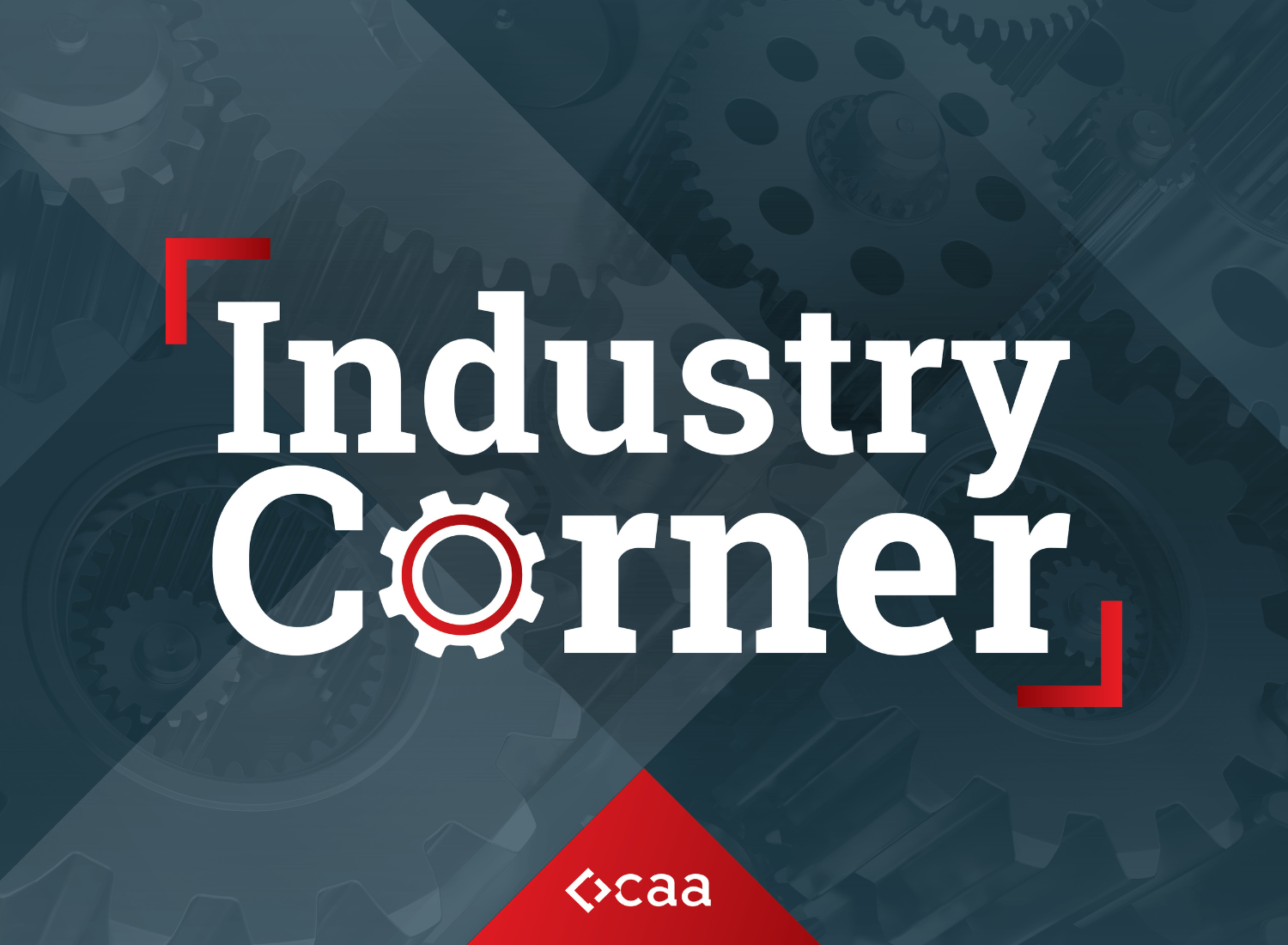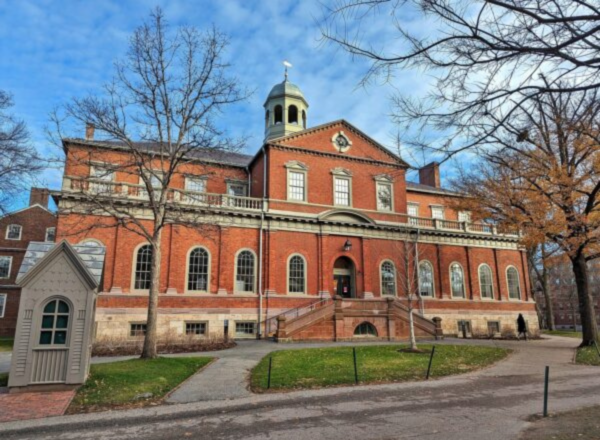Boston leads the way in creating tomorrow’s workforce
[fusion_builder_container type=”flex” hundred_percent=”no” equal_height_columns=”no” hide_on_mobile=”small-visibility,medium-visibility,large-visibility” background_position=”center center” background_repeat=”no-repeat” fade=”no” background_parallax=”none” parallax_speed=”0.3″ video_aspect_ratio=”16:9″ video_loop=”yes” video_mute=”yes” border_style=”solid”][fusion_builder_row][fusion_builder_column type=”1_1″ type=”1_1″ background_position=”left top” border_style=”solid” border_position=”all” spacing=”yes” background_repeat=”no-repeat” margin_top=”0px” margin_bottom=”0px” animation_speed=”0.3″ animation_direction=”left” hide_on_mobile=”small-visibility,medium-visibility,large-visibility” center_content=”no” last=”no” hover_type=”none” min_height=”” link=””][fusion_text]
Writer: Eleana Teran
 December 2023 — The workforce is experiencing an evolution as baby boomers retire and new technologies are introduced. “We are educating a generation of young people for jobs that don’t exist yet, using technologies that haven’t been created, to solve problems yet to be identified,” Robert Johnson, president of Western New England University, pointed out at the recent Invest: Boston launch conference.
December 2023 — The workforce is experiencing an evolution as baby boomers retire and new technologies are introduced. “We are educating a generation of young people for jobs that don’t exist yet, using technologies that haven’t been created, to solve problems yet to be identified,” Robert Johnson, president of Western New England University, pointed out at the recent Invest: Boston launch conference.
During the event’s final panel, “Critical Mass: How the state’s higher-ed ecosystem is propelling the future workforce and entrepreneurial community and what that means for growth,” Johnson and Mahesh Daas, president of Boston Architectural College discussed the critical role of higher education in developing the future workforce, particularly in light of the evolving demographic and technological landscape. The session was presented by Joshua LaPan of S&G LLP, and moderated by Susan Fournier, dean of Boston University Questrom Business School.
The discussion commenced with LaPan acknowledging labor challenges and the competitive market for talent. Expressing his enthusiasm for the panel, he stated, “They are actively shaping our future workforce. The shortage in the next generation is particularly evident, especially considering the rapid pace at which 10,000 baby boomers reach retirement age daily.”
The panelists explored Boston’s robust education ecosystem, home to the most concentrated education market worldwide, with 64 universities, colleges, and schools of higher education within a 30-mile radius. They highlighted how this ecosystem leads with innovative workforce development and entrepreneurship strategies.
Johnson addressed the challenges and opportunities in higher education, focusing on the need for adaptability in learning. “Our challenge and opportunity is to reinvent ourselves. As institutions of higher learning, we must view workforce development as a lifelong educational process,” he stated. He stressed the importance of instilling an ‘agile mind education’ in students, to prepare them for a rapidly changing world and the next generation of jobs.
Daas shared insights on integrating work experiences into education. “Our students learn from work settings, academic settings and, by the time they graduate, they don’t look for a job – they already have one,” he explained. He also emphasized the need for higher education institutions to adapt, evolve, and remain relevant in a rapidly changing society.
Both panelists emphasized the significance of lifelong learning and the need to adapt educational programs to prepare students for a future likely to be heavily influenced by technology. Johnson noted the success of Western New England University’s approach, where 98% of graduates find employment or continue their education, attributing this to the university’s emphasis on essential human skills and value creation.
Meanwhile, Daas highlighted the role of higher education in expanding access and diversifying the entrepreneurial landscape. “We believe in starting early in higher education, working with the K-12 systems to promote design literacy. This approach helps bring more diverse people into higher education. Our institution, larger than just its campus, exists in the cloud too, with students in 54 countries, reflecting our mission to expand access globally,” he said.
In closing, the panelists expressed optimism about the future. “The good news is we are the epicenter of higher education. If we can’t figure it out, no one else will,” Johnson remarked, highlighting the potential of Boston’s educational ecosystem.
For more information visit:
https://sgllp.com/
https://www.bu.edu/questrom/
https://wne.edu/
[/fusion_text][fusion_youtube autoplay=”false” mute=”false” hide_on_mobile=”small-visibility,medium-visibility,large-visibility” structured_data=”off” id=”https://www.youtube.com/watch?v=JSj2qSj9W_c” alignment=”center” /][/fusion_builder_column][/fusion_builder_row][/fusion_builder_container]














